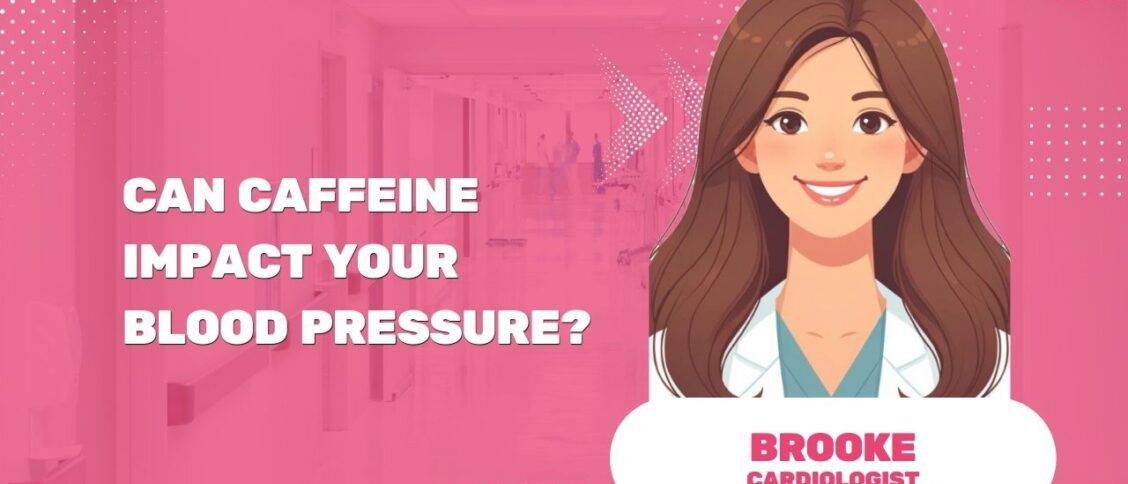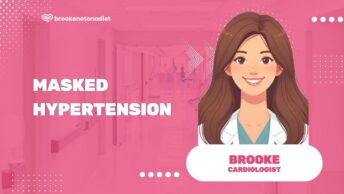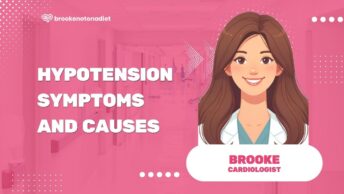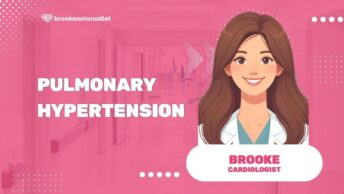Ever wondered if that morning cup of coffee impacts your blood pressure? You’re not alone. I’ve delved into the science behind caffeine and its potential effects on blood pressure.
Caffeine, a stimulant found in many of our favorite beverages, has been a topic of debate among health enthusiasts and medical professionals alike. Some say it’s a villain, causing spikes in blood pressure, while others argue it’s a harmless part of our daily routine.
How much does caffeine raise blood pressure?
Journeying deeper into our topic, now we’ll discuss how much caffeine potentially raises blood pressure. This segment will delve into the extent of blood pressure changes attributed to caffeine and touch on the diversity of responses among individuals.
While the debate about caffeine’s influence on blood pressure continues, there’s some consensus that caffeine can cause temporary spikes in blood pressure. These hikes are often modest but can be more pronounced in some individuals. According to a study published in the American Journal of Cardiology, these increases can be as much as 10 mm Hg for systolic pressure and 8 mm Hg for diastolic pressure.
| Increase | |
|---|---|
| Systolic Pressure | Up to 10 mm Hg |
| Diastolic Pressure | Up to 8 mm Hg |
But you’d ask, “why does caffeine lead to these hikes?” while multiple theories exist, the most accepted one suggests that caffeine blocks a hormone that helps keep arteries widened, leading to narrowing of blood vessels and a resultant increase in blood pressure. Another proposed mechanism is that caffeine causes your adrenal glands to release more adrenaline, another elevating factor for blood pressure.
However, let’s not forget the keyword here: temporary. So, how long do these spikes last? The answer isn’t crystal clear, but typically, any hikes in blood pressure start to wane off after 3 hours or so of caffeine consumption.
When it comes to monitoring your own blood pressure, there are a couple of steps I’d recommend:
- Check your blood pressure before ingesting caffeine.
- Check again 30 minutes to 2 hours post-caffeine consumption.
By comparing the two readings, you can see any immediate impacts of caffeine on your blood pressure.
Although these results provide a starting point, for a comprehensive understanding, it may be beneficial to consider factors like:
- Personal sensitivity to caffeine.
- Regular caffeine intake: You may develop a certain tolerance that can affect the extent of blood pressure increases.
- Other individual health parameters and lifestyle habits.
Finally, if you’re thinking about lowering your blood pressure, limiting caffeine consumption might be an effective strategy among others. More information about that will follow in the next segments of this article.
What are the potential long term effects of caffeine on blood pressure?
Let me now dig into the details and unmask the different sources of caffeine and their potential effects on blood pressure.
How caffeine in coffee affects blood pressure?
When it comes to coffee, remember – it’s among the highest sources of caffeine, providing an average of 95 mg per serving. The key is the frequency and amount of coffee you drink. If you’re consuming several cups daily, it’s probable to observe a long-term rise in blood pressure. Here’s a simple Blood Pressure Chart to understand potential changes due to caffeine:
| Regular Coffee Intake | Potential BP Impact |
|---|---|
| 1-2 cups per day | Minimal Impact |
| 3-5 cups per day | Moderate Impact |
| 5+ cups per day | Significant Impact |
How caffeine in tea affects blood pressure?
Tea is significantly lower in caffeine than coffee, providing between 20-60 mg per serving. Again, the frequency and amount you consume matters. However, considering its comparatively lower caffeine content, drinking tea might have lesser impact on your blood pressure in the long run.
How caffeine in soda affects blood pressure?
Here’s a thought I need you to get familiar with – soft drinks, particularly colas, are not only high in caffeine but also in sugar. Both of these ingredients play a role in elevating blood pressure over time. Cutting back on soda consumption might be a good strategy for lowering blood pressure.
How caffeine in chocolate affects blood pressure?
Chocolate, specifically dark chocolate, does contain caffeine but in smaller amounts (around 12 mg per serving). You may also want to take into consideration the flavanols in dark chocolate, which have potential blood pressure-lowering effects.
How caffeine in guarana affects blood pressure?
Guarana, frequented in energy shots and herbal supplements, contains more caffeine than coffee. Regular consumption might result in higher blood pressure due to its high caffeine content. It’s essential to check your blood pressure frequently if you’re fond of guarana-containing products.
How caffeine in energy drinks affects blood pressure?
Like soda, energy drinks often contain substantial amounts of both caffeine and sugar, making them potential culprits for sustained high blood pressure. Consider the use of a blood pressure monitor for keeping track of changes if you regularly intake energy drinks.
Throughout this discussion, remember that each individual’s sensitivity to caffeine can vary. Some might see significant shifts in their blood pressure, while others may not. Understanding caffeine’s long-term influence on your health is essential but it’s only one piece of the puzzle. A well-rounded lifestyle, including a balanced diet and regular exercise, remains crucial in the management of healthy blood pressure.
What are the best alternatives to caffeine when you have a high blood pressure?
Navigating a caffeine-reduced lifestyle can feel like a daunting task, especially if you’re someone who relies heavily on that morning cup of coffee. Fortunately, I’ve looked into a number of caffeine alternatives that can also help keep your blood pressure within a healthy range.
What Else Can You Do to Keep Blood Pressure on a Healthy Level?
To maintain healthy blood pressure levels, there are a number of changes you can make in your day-to-day habits:
- Diet: Opt for foods rich in potassium, fiber, and protein. Avoid sodium-heavy meals as sodium can lead to an increase in blood pressure.
- Regular Exercise: Even moderate exercise like walking or swimming for 30 minutes a day can significantly improve blood pressure levels.
- Limit Alcohol and Quit Smoking: Both alcohol and nicotine can heighten blood pressure levels not to mention the other health risks they pose.
- Manage Stress: Find healthy outlets for stress such as yoga, meditation, or even a relaxing hobby. High stress levels can contribute to elevated blood pressure.
Remember, the higher your blood pressure the higher your risk for serious health problems. So, it’s crucial that we adopt these habits not just for our blood pressure, but for overall health and wellness.
| Habit | Impact |
|---|---|
| Diet Change | High |
| Regular Exercise | High |
| Limit Alcohol and Smoking | Medium |
| Stress Management | High |
How to Monitor Blood Pressure at Home?
Having the ability to check your blood pressure at home can be incredibly helpful. Having a blood pressure monitor at hand lets you keep track of your blood pressure ranges. Let’s see how we can do this:
- Purchase a trustworthy blood pressure monitor, certified by regulating health authorities.
- Position the cuff on the middle of your bare upper arm, ensure it’s level with your heart.
- Sit upright on a chair and keep your feet flat on the ground.
- Follow the instructions provided with your device for the best results.
This sort of routine monitoring of blood pressure at home not only helps to understand how well you’re managing your blood pressure but also keeps your mindful of your health, nudging you towards making more informed choices. Just ensure that you follow the device’s instructions to the letter, for the most accurate readings.
Final words
Having navigated the complex relationship between caffeine and blood pressure, it’s clear there’s no one-size-fits-all answer. The impact of caffeine varies greatly based on individual sensitivity, frequency, and amount consumed. While sodas and energy drinks can spike your blood pressure due to their high caffeine and sugar content, moderate consumption of dark chocolate might offer some benefits.
But remember, it’s not just about caffeine. A well-rounded lifestyle is key. Incorporating a balanced diet rich in potassium, fiber, and protein, engaging in regular exercise, limiting alcohol, quitting smoking, and managing stress all play vital roles in maintaining healthy blood pressure. And don’t forget to monitor your blood pressure regularly, especially if you’re a fan of guarana products or energy drinks. After all, knowledge is power when it comes to your health.







